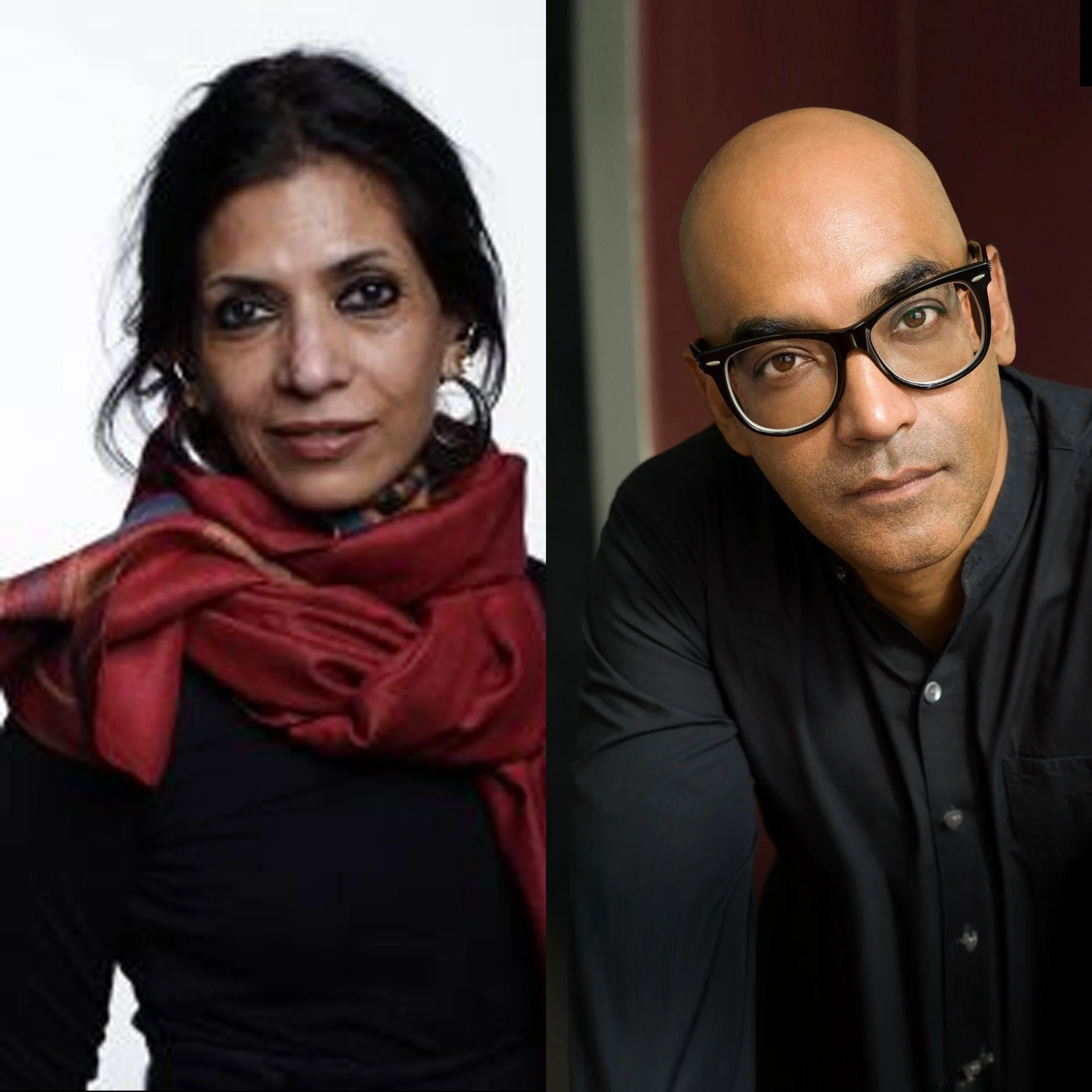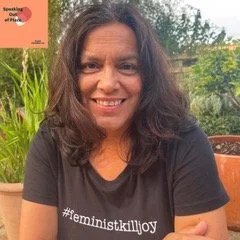On Abolition Sanctuary & Environmental Activism from Below
/with Naomi Paik & Ashley Dawson
In this episode on Speaking Out of Place podcast Professor David Palumbo-Liutalks with scholar-activists Naomi Paik and Ashley Dawson about the close connection between abolition and environmental activism from below. How are the twin projects raising profound questions about borders, carcerality, enclosures, and the separation of humans from each other and all other forms of life, including supposedly “inanimate” objects? How can we create “sanctuary for all” in a radical rethinking of notions like “the commons”?



















